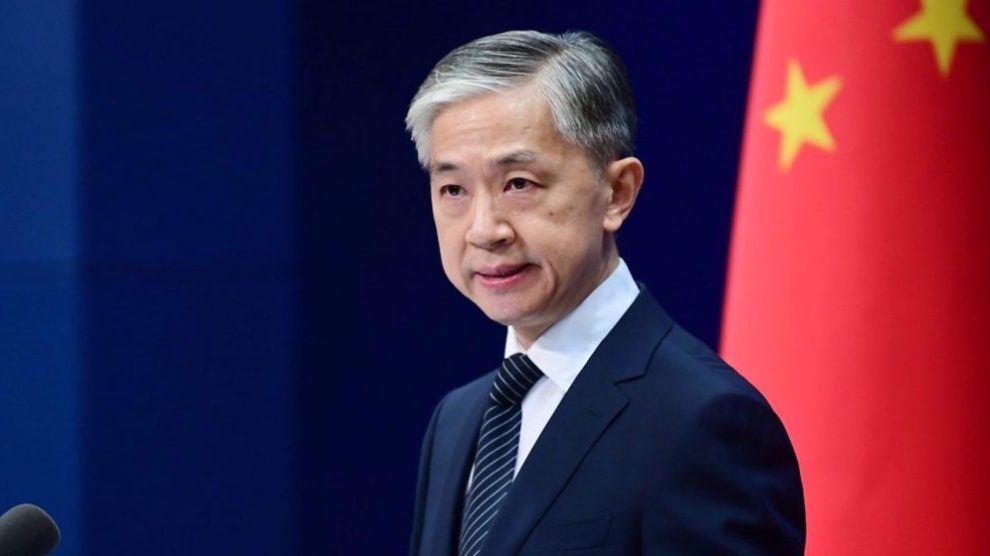Beijing comments on Italy’s BRI choice. On Wednesday, during a press conference, the spokesperson for China’s Foreign Ministry Wang Wenbin addressed recent reports regarding Italy’s imminent exit from the Belt and Road Initiative, which it joined in 2019 through a Memorandum of Understanding.
- Since Italy and China signed that MoU, said Mr Wang, “fruitful outcomes have been achieved in our cooperation in such fields as economy and trade, industrial manufacturing, clean energy and the third market.”
- “There is a need for both sides to further tap into the potential of our Belt and Road cooperation, step up mutually beneficial cooperation across the board and strive to make sure that the outcomes of growing China-Italy relations will bring more benefits to the two countries and peoples,” he added.
A step back. Prime Minister Giorgia Meloni reportedly told US House Speaker Keving McCarthy that her executive would back out of the BRI, although it is still weighing the details and timing of the decision as it fears economic backlash from China.
- Still, the G-7 summit in Hiroshima is less than two weeks away – and part of the conversation among allies will centre on their alternative to the BRI. Calling itself out of the MoU would strengthen Italy’s drive to rebalance ties with China (after having been the only G-7 member to ever enter the BRI) and burnish its Atlanticist credentials.
“Anti-Chinese forces.” Beijing is certainly concerned about Italy’s ongoing drive towards the West. In a scathing editorial, the State-owned Global Times touted the benefits of the BRI – positing that “under the BRI framework, Chinese investments in European countries always eye win-win results” – and accused politicians and media outlets of fighting Chinese investments in Europe because of “ US-led anti-China atmosphere.”
- “China-Italy cooperation should not be undermined by such idle reports,” reads the text, recalling that China “is Italy’s largest trading partner in Asia, with bilateral trade maintaining strong growth for the past three consecutive years, which reached a record high of $77.88 billion in 2022. For both China and Italy, it is in each other’s interest to continue deepening cooperation.”
- “Any move that undermines bilateral relations will directly affect the real interests of both countries,” warns the propaganda piece.
Reality check. For Rome, the BRI didn’t quite turn out to be what Beijing promised back in 2019. Data from the Foreign Affairs Ministry shows that Italian exports to China have grown less substantially than expected, from €13 billion in 2019 to €16.4 billion in 2022. Conversely, Chinese exports to Italy skyrocketed from €31.7 to €57.5 billion in the same period – resulting in a massive trade deficit towards China.
- Meanwhile, Italy’s trade with China has grown less than that of other European partners, such as Germany and France.
- The Italian government will likely cite these reasons if and when it eventually comes around to announce its exit from the BRI.
What’s the sentiment in Italy? On Wednesday, during a press conference in Prague, PM Meloni said the government still hasn’t taken a decision on the BRI, arguing “it’s an open debate.” Meanwhile, opposition MPs asked the government to explain “what the real intentions are” regarding the MoU’s renewal.
- Lia Quartapelle (Democratic Party), Benedetto Della Vedova (Più Europa) and Mauro Del Barba (Azione-Italia Viva) filed the question at the Foreign Affairs Committee, addressing Deputy PM and Foreign Minister Antonio Tajani, asking him if “he does not consider it his duty and urgency to involve Parliament on this issue that impacts in a considerable matter on the international role and posture of our country in this particular historical moment.”




